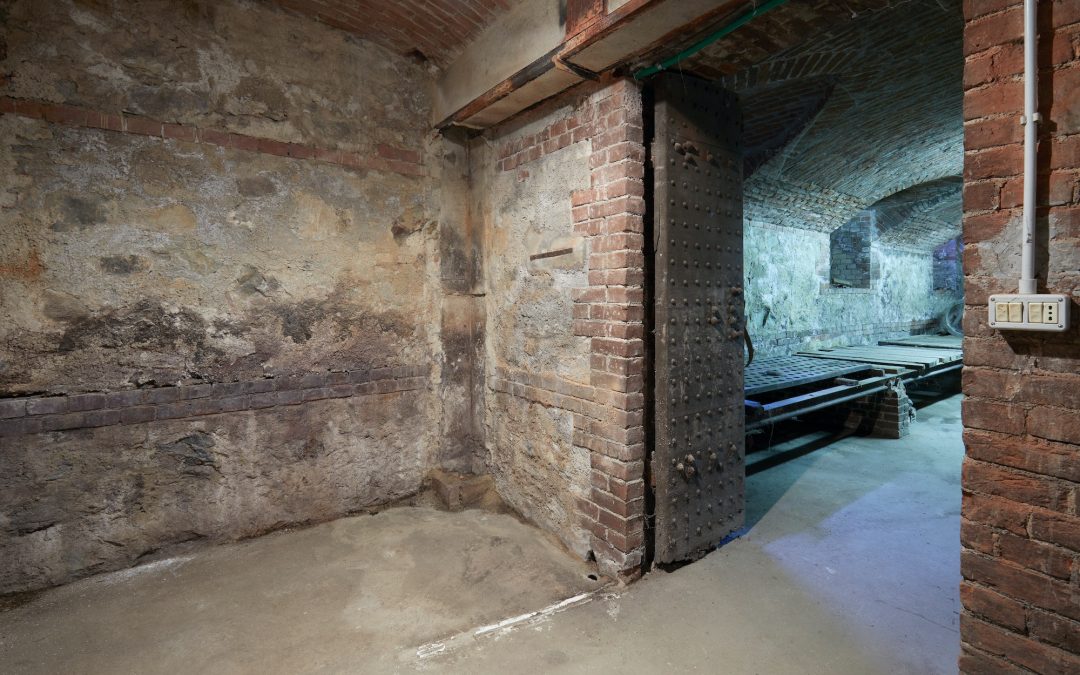Basement waterproofing is a necessity for many homeowners. Without it, basements can become damp and even flooded with water, leading to costly and time consuming repairs. Waterproofing your basement helps protect your foundation from water damage and other issues that can occur due to moisture and mold. But what are the best materials for waterproofing your basement?
Cementitious Waterproofing
Cementitious waterproofing is a popular choice for waterproofing basements. This material is composed of cement, sand, and additives that form a tough membrane when applied to the walls or floor of the basement. It’s relatively inexpensive and easy to apply, making it popular among DIYers. It’s also highly water-resistant and can be used on both interior and exterior surfaces.
However, cementitious waterproofing isn’t without its drawbacks. It’s not as durable as some other materials, so it may not last as long if exposed to harsh weather conditions or high water pressure. Additionally, it’s not suitable for all types of substrates; if your basement walls are made of masonry or concrete block, you should look into other options.
Plastic Sheeting
Another option for basement waterproofing is plastic sheeting. This material is typically made of polyethylene or polypropylene, which are both very resistant to water. The sheeting is installed over the walls and floors of the basement and sealed around any cracks or joints to ensure a tight seal.
Plastic sheeting is great because it’s relatively inexpensive and easy to install. However, it does have some drawbacks. It’s not as durable as some other materials, so it may need to be replaced more often if exposed to harsh weather conditions or high water pressure.
Vinyl Sheet Membrane
Vinyl sheet membrane is another popular option for basement waterproofing. This material consists of a thick vinyl sheet with a special adhesive backing that sticks directly onto the walls or floors of the basement. Vinyl sheet membrane is very durable and highly resistant to water, making it an excellent choice for areas prone to flooding or high water pressure.
However, vinyl sheet membrane can be difficult to install correctly if you don’t have experience working with this material. Additionally, the cost can be prohibitively expensive compared to other options.
- Epoxy Sealants:
Epoxy sealants are another common choice for basement waterproofing. This material consists of two components—an epoxy resin and a hardener—that are mixed together before application. The epoxy forms a strong bond with the substrate that resists water intrusion.
- Liquid Rubber:
Liquid rubber is another great option for basement waterproofing. This material is made of recycled rubber tires that have been liquefied into an easy-to-apply solution that bonds directly onto concrete and masonry surfaces. Liquid rubber is highly durable and resistant to water intrusion, making it an ideal solution for basements prone to flooding.
- Mastic Sealant:
Mastic sealant is a popular choice for sealing cracks in concrete foundations or walls prior to applying other waterproofing materials such as paint or plastic sheeting. Mastic sealant has excellent adhesion properties that make it resistant to water intrusion.
- Waterproof Paint:
Waterproof paint is another great option for sealing basement walls against moisture and water intrusion. This type of paint forms a tough film on the surface that resists cracking and peeling due to temperature changes or exposure to harsh weather conditions.
- Molten Salt Coating:
Molten salt coating is an advanced technology used for sealing concrete surfaces against water intrusion. This process involves applying molten salt onto the surface before curing it with heat so that it forms an impermeable barrier against moisture.
-
- Geotextiles :
< p > Geotextiles are synthetic fabrics designed specifically for use in waterproofing applications . They are most commonly used in conjunction with cementitious coatings , but they can also be applied directly onto concrete or masonry substrates . Geotextiles are very effective at preventing seepage , but they must be properly installed in order to achieve maximum performance .
< p > All of these materials have their own advantages and disadvantages , so it’s important to choose the best one based on your particular situation . If you’re looking for reliable protection against water leakage , then any of these options should do the trick . Be sure to do your research before making any decisions , so you can choose the right material for your basement !
< p >If you’re looking for help choosing the best waterproofing materials for your basement , visit PermaDry Waterproofing. With over 30 years of experience in home improvement services , PermaDry offers expert advice on how best to protect your home from water damage . Contact them today !

